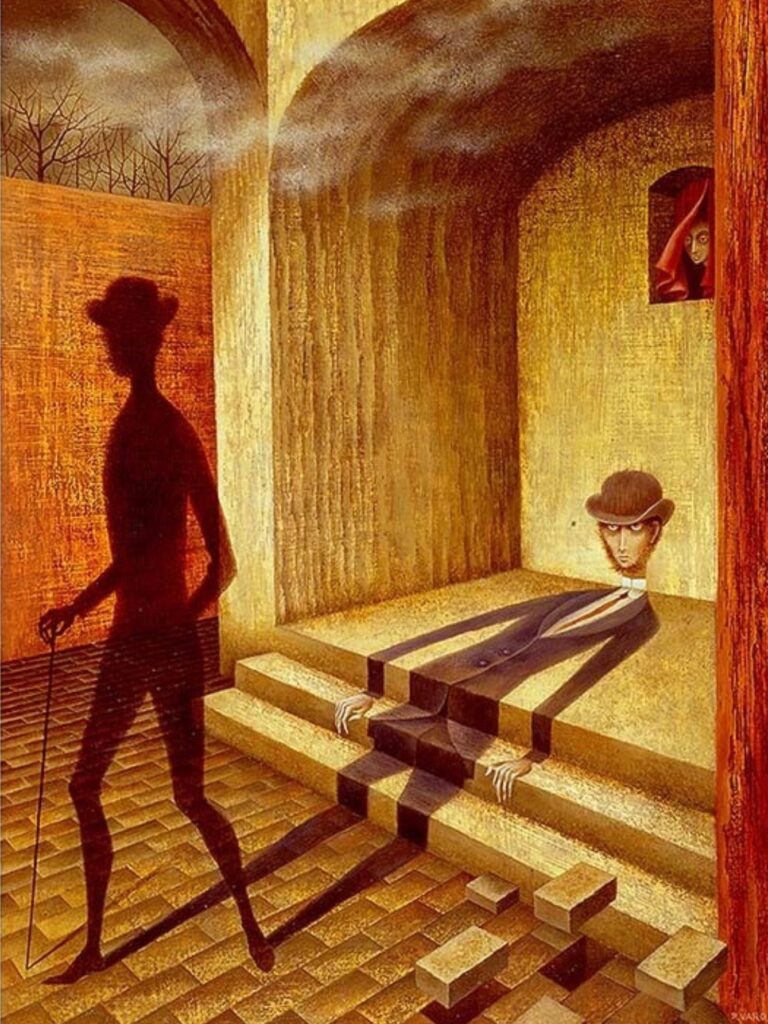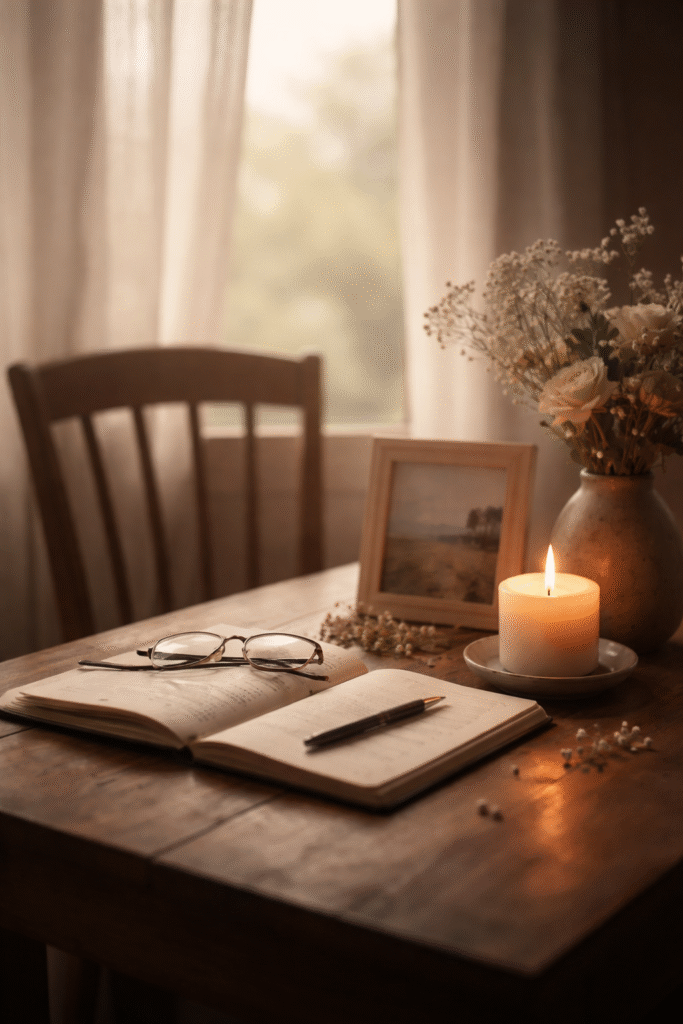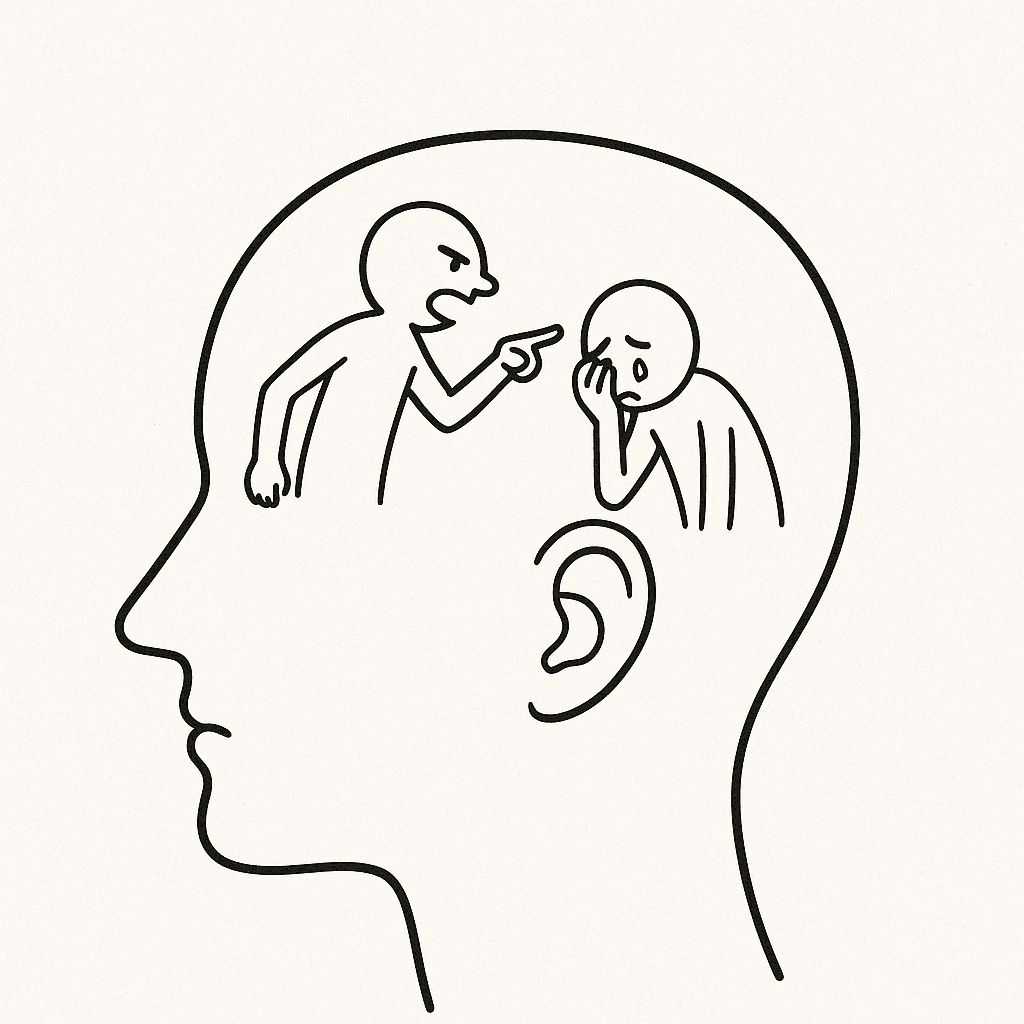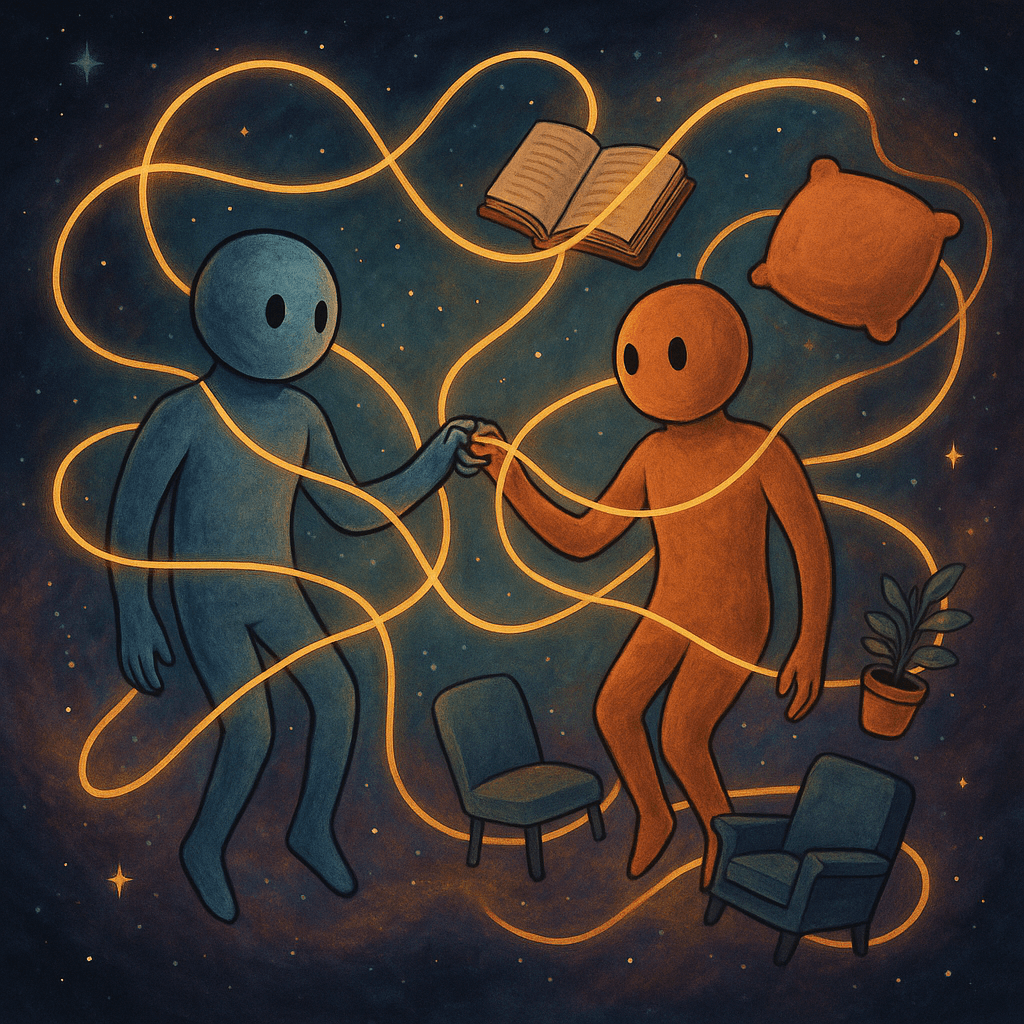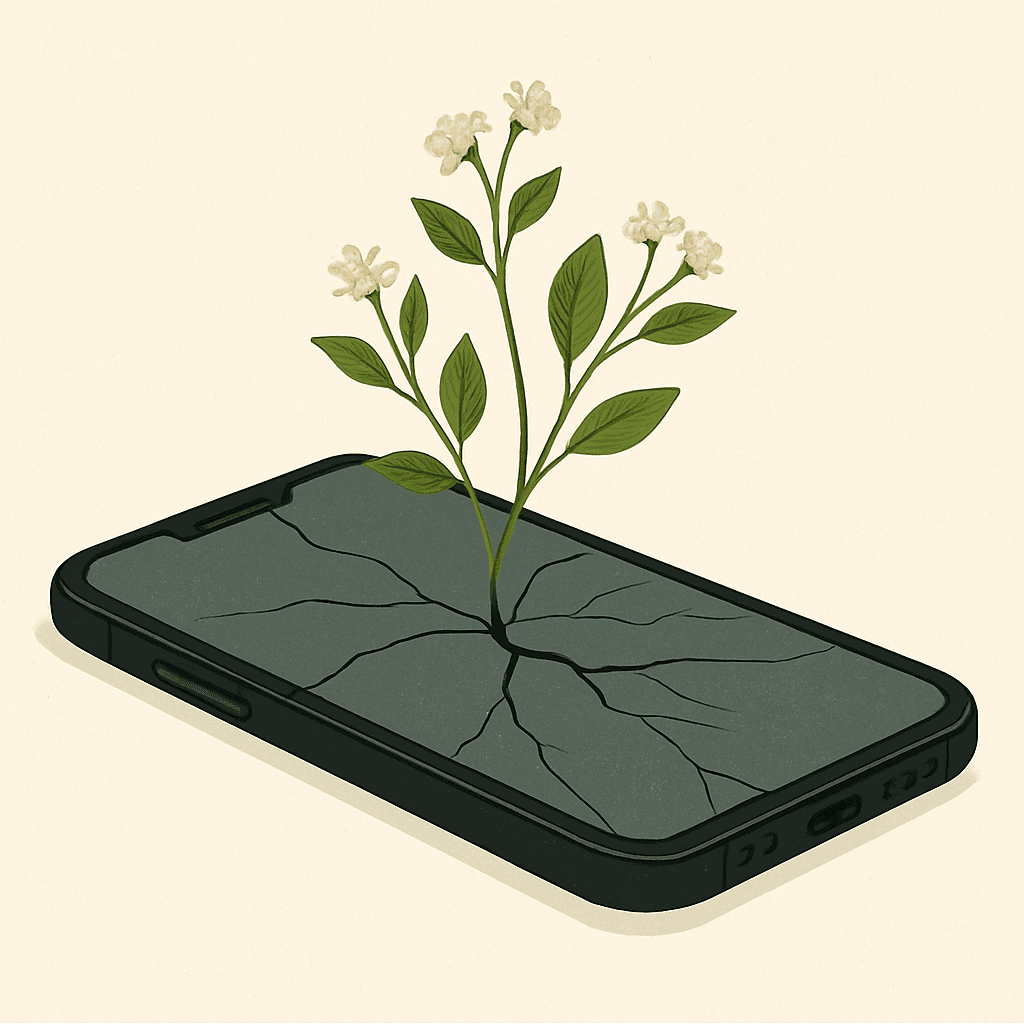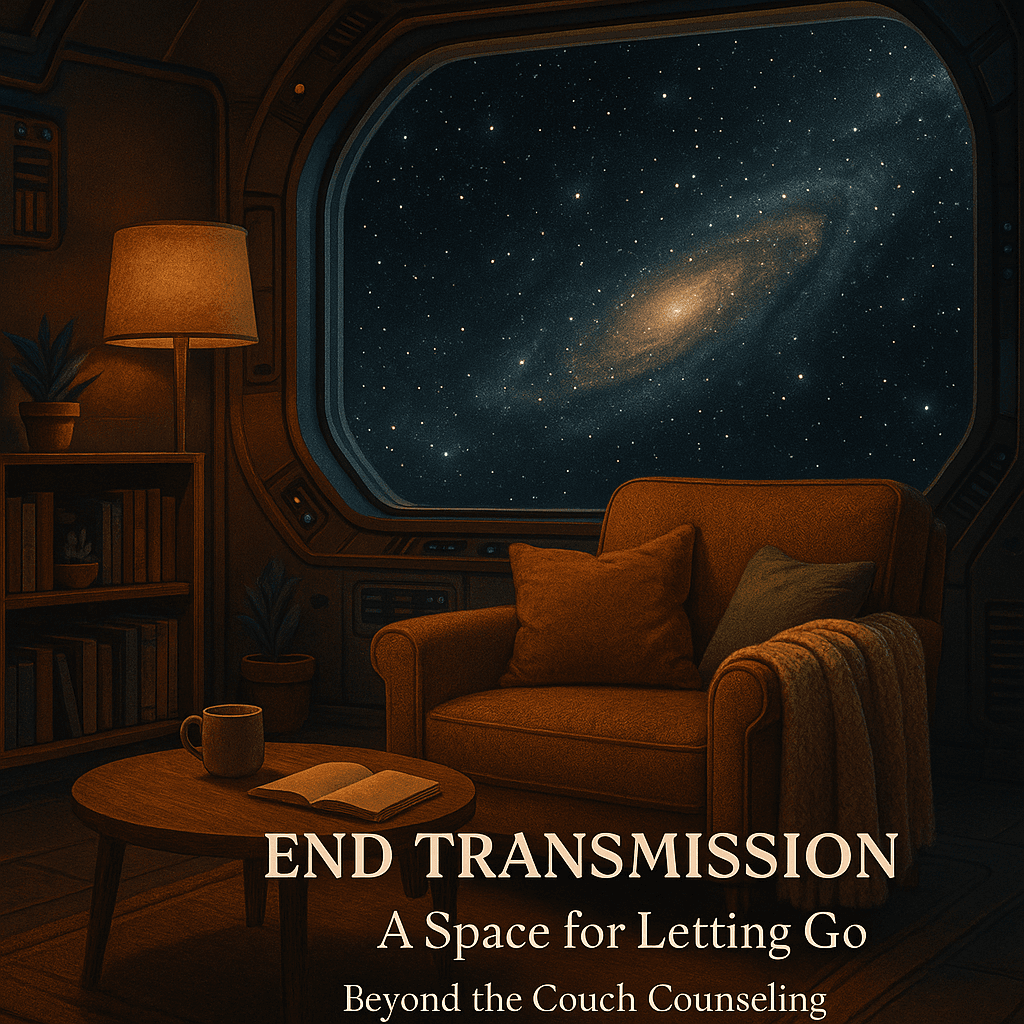At Beyond the Couch Counseling, we understand how difficult it can be to make friends as an adult. You want community — but between work, family, and anxiety, it can feel impossible to build new connections.
Many of our clients tell us, “I know I should put myself out there, but I don’t even know where to start.”
This guide solves that.
We’ve curated an updated list of social groups, meetups, and community organizations in Grand Rapids, Michigan, drawn from the r/GrandRapids Meetup Mega-Thread and verified locally. Then, in Part II, we include a Social Skills Manual—written by therapists—to help you actually enjoy those events and manage the anxiety that often comes with them.
Did we miss something? E-mail us your suggestions at admin@beyondthecouchcounseling.com
Part I: Where to Meet People in Grand Rapids
👥 Social, Age & Identity
- All Things Social West Michigan (30s & 40s) — local restaurants, breweries, and community hangouts for people in their 30s–40s.
- Fun, Dynamic, Adventurous Friends Over 50 — active social group for music, theater, and travel.
- Grand Rapids Spanish Language Meetup Group — for anyone who loves Spanish language and culture.
- Motivated Women of GR — women supporting each other personally and professionally.
- West Michigan Shyness & Social Anxiety Meetup — a lower-pressure social hangout space for introverts and anxious folks.
- West MI Social Club (Facebook) — active, community-oriented events across West Michigan.
- Queer GR (Facebook Group) — inclusive, queer-friendly social network in Grand Rapids.
📚 Book Clubs & Film
- Children’s Literature Book Club for Adults — revisit childhood favorites and explore new stories.
- Grand Rapids Sci-Fi & Fantasy Book Club — a home for genre lovers.
- Nonfiction History Book Club — discuss real-world stories, revolutions, and discoveries.
- Grand Rapids Outdoor Book Club — reading and hiking combined.
- Great Books Grand Rapids — classic literature discussions.
- Silent Book Club Grand Rapids — read quietly with company (no assigned books).
- Grand Rapids Area Movie Meetup with Jim — movie nights and post-film chats.
✂️ Crafting, Art & Writing
- Knitting & Crochet Circle for Leftists/Introverts — relaxing, judgment-free crafting time.
- Sketch, Draw, or Craft with Company — open space for creative projects.
- Grand Rapids Drawing & Painting Group — community for visual artists.
- Lakeshore Stationery Club — journaling, planners, and creative paper goods.
- Illusory World Building (Writers) — for fiction writers focusing on imaginative world creation.
- Writing Time — weekend writing sessions in a supportive group setting.
💃 Dance & Music
- Grand Rapids Dancing Meetup — ballroom and social dancing for all skill levels.
- Grand Rapids Line Dancing — food, fun, and friendly line dancing nights.
- Tuesday Night Swing Dance — no partner or experience required.
- Sacred Springs Drum Group — community rhythm and music expression.
- Muskegon Ukulele Enthusiasts — jam sessions for all abilities.
🏐 Sports & Recreation
- Jam Sports — adult volleyball, dodgeball, and social leagues.
- GR Rec Sports — local soccer, softball, and kickball leagues for adults.
- MSA Sports Spot — indoor volleyball, turf sports, and pickup games.
🌲 Outdoors & Adventure
- Grand Rapids Hiking & Adventure Group — hiking, camping, and exploring nature together.
- Terra Firma and Inside Moves– Local gyms that advocate for community centered climbing.
- Southwest Michigan Campers — all types of campers welcome (tents to RVs).
- West Michigan Kayaking & Canoe Club — for beginners and pros alike.
- West Michigan Ski Club — skiing, dancing, golfing, and year-round activities.
🧘 Yoga, Meditation & Wellness
- Community Meditation Circle — trauma-informed mindfulness group.
- Switchback Bike Shop — local bike shop with several community oriented activities (rides/music/more).
- From the Heart Yoga & Tai Chi Center — local Grand Rapids yoga and Tai Chi studio.
- Grand Rapids Free Yoga — donation-based classes for all levels.
- Grand Rapids Forest Bathing & Foraging — nature-based mindfulness.
- Recovering from Religion (GR/Holland) — secular community and support group.
🎲 Games, Tech & Miscellaneous
- Good Game Grand Rapids — inclusive tabletop gaming.
- West Michigan Geeks — gaming, movies, and creative meetups.
- Citizen Labs — civic tech and open-data projects.
- Friday Fun Days — live music, flea markets, hikes, and social outings.
- Sign Language Social Meetup — connect using ASL and learn from others.
- West Michigan Adventures with Jim — movies, theater, and local excursions.
- West Michigan Out & About — from hiking to concerts to brewery nights.
Part II: A Social Skills Manual for Meeting People and Managing Anxiety
Having avenues is necessary — but not sufficient. Many people struggle not with finding events, but with navigating them. This section is your practical, therapist-informed manual for building connection while managing anxiety.
1. Before You Walk In
a. Psychological Priming
-
Micro-Exposure Mindset: Treat each event as a practice round, not a test. You’re gathering data, not proving worth.
-
Set Bounded Goals: “I’ll ask one person a question.” “I’ll stay 45 minutes.” Small, specific goals reduce overwhelm.
-
Mental Rehearsal: Visualize walking in, smiling, and starting a chat. Mental imagery activates the same neural circuits as the real thing.
-
Soothing Anchor: Carry a tactile cue—a ring, stone, bracelet—to touch when anxiety rises. It signals safety.
b. Entry Strategy
Scout where newcomers linger (food table, edges, line). Arrive 5 minutes early if you want calm, 10 minutes late if you want momentum.
Use context as opener: “I love this space.” “These chairs look comfy.”—neutral
2. Breaking the Ice
a. Shared Context → Observation → Question
Example: “I’ve never been to this coffee shop before (share context). That mural’s incredible (observation). Have you been here before? (question)”
b. Dual Invitations
Give choices instead of yes/no: “Do you prefer hiking or biking around GR?” Options invite collaboration, not pressure.
c. Micro-Self Disclosure
Offer small personal snippets (“I just moved to GR last year”). Then pause. The pause invites reciprocity.
d. “Yes + a Little More”
When they answer, add a micro-prompt:
“Oh, you play soccer too? Which league?”
3. Sustaining Conversation
a. Interest Funnels
Start broad → narrow → personal.
“What brings you here?” → “What else do you like to do?” → “What’s something you haven’t tried yet?”
b. Compressed Curiosity
Stack micro-questions:
“You said pottery—how long, what style, where do you take classes?”
They’ll pick one. Follow that trail.
c. Anchor Questions
Keep a few in memory:
-
“What’s one thing that made your day better?”
-
“What do you love doing on weekends?”
-
“Any hidden-gem coffee shops in Grand Rapids?”
d. Exit with Reconnection
“I’m grabbing water — should I circle back later?”
“It was great meeting you — want to check out that (fill in the blank) we were talking about next week?”
4. Managing Anxiety While Socializing
a. Body Resets
Box-breathing (4-4-4-4). Press feet into floor. Drop shoulders. Remind yourself: I’m safe; I’m just talking.
b. Sensory Anchoring
Name 3 things you see, 3 you hear, 1 you feel. Grounds attention outward instead of inward rumination.
c. Micro-Breaks
Plan a 5-minute reset mid-event: restroom break, fresh air, check phone. This prevents social fatigue meltdown.
d. Energy Budgeting
Meaningful beats many. Aim for 2–3 people, not 20. Short conversations are still victories.
e. Reframing Awkwardness
Silence = processing, not failure. Own fumbles lightly: “That came out weird — what I meant was…” Most people find this endearing.
5. Turning Contacts into Connections
a. Next Action Offer
Suggest a low-stakes follow-up: “Hey, I go to that Jam Sports volleyball on Thursdays — want to join?”
b. 24-Hour Message
Send a short note: “Great meeting you at the hiking group — you mentioned you love yoga, let’s check out From the Heart Yoga sometime.”
c. Habit Stacking
Choose a time each week to reach out or check events. Consistency builds friendship muscle memory.
d. Micro-Rituals
If you find shared interests (coffee, movies, bookstore browsing), create a recurring micro-ritual. Repetition builds trust.
6. Advanced Social Skills
a. Three-Frame Rule
Blend Observation (“That mural is beautiful”), Personal (“I love local art”), Curiosity (“Do you have a favorite artist in town?”). Conversations with all three feel naturally balanced.
b. Selective Echo
Repeat a keyword they used:
Them: “I’m training for a half marathon.”
You: “A half marathon? That’s awesome — which route are you doing?”
Echo signals attunement without forcing agreement.
c. Two-Option Exit
“I’m grabbing a drink — want to come or should I catch you later?” Sounds natural and respects boundaries.
d. Invisible Third Party
If conversation lulls, pivot to shared environment: “Did you see that new mural on Division?” Common focus restores flow.
7. Mindset & Self-Compassion
- Some nights will flop — that’s normal.
- Debrief gently: “What went well?” not “Why did I mess up?”
- Protect your baseline (sleep, nutrition, alone time).
- Gradual exposure works best — consistency beats intensity.
Wrapping Up
Whether you join a Grand Rapids hiking group, a book club, or a volleyball league, connection is possible here — and worth it.
If anxiety, overthinking, or perfectionism make it hard to show up, therapy can help. At Beyond the Couch Counseling, we specialize in social anxiety treatment, ACT and CBT for connection, and helping adults rediscover belonging.
📍 Based in Grand Rapids, Michigan
📧 admin@beyondthecouchcounseling.com
🌐 beyondthecouchcounseling.com


